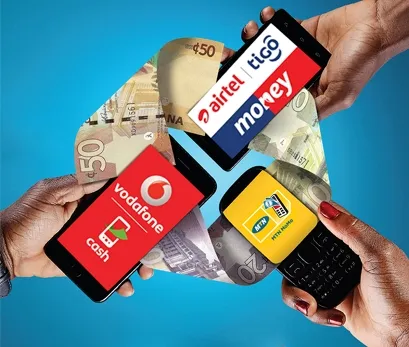Africa is experiencing a transformative shift in its financial landscape, driven by the convergence of mobile money and blockchain technology. Mobile money, already deeply ingrained in the continent’s economic fabric, provides a foundation upon which blockchain’s innovative features are layered, creating a more robust, accessible, and efficient digital financial system. This integration is particularly impactful in Sub-Saharan Africa, a region with a high mobile money penetration rate but also significant financial exclusion. By leveraging blockchain, countries like Ghana, Uganda, Tanzania, and Zambia are enhancing the security, speed, and transparency of digital transactions, paving the way for a more inclusive financial future. This evolution represents a significant departure from traditional banking models and offers a unique opportunity to empower individuals and businesses, particularly in underserved communities.
The global mobile money landscape is vast, encompassing 1.75 billion registered accounts and processing an estimated $1.4 trillion annually. Sub-Saharan Africa plays a dominant role, accounting for almost 75% of the world’s active mobile money accounts. This widespread adoption provides fertile ground for blockchain integration, allowing for the seamless enhancement of existing systems. Blockchain’s inherent security features address vulnerabilities in traditional mobile money platforms, mitigating risks like fraud and unauthorized access. Furthermore, it facilitates faster transaction processing, reducing delays and improving efficiency. The transparent nature of blockchain also builds trust among users, ensuring accountability and fostering confidence in the system.
Binance, a leading global blockchain ecosystem, is playing a crucial role in accelerating this integration process. By providing the necessary infrastructure and services, Binance enables a smooth transition for mobile money platforms to incorporate blockchain technology. The company’s recent launch of mobile money integration in Ghana, Uganda, Tanzania, and Zambia exemplifies this commitment. Users in these countries can now directly buy and sell crypto assets through their mobile money accounts, expanding access to digital financial tools and bridging the gap between traditional finance and the burgeoning crypto market. This integration simplifies the process of engaging with cryptocurrencies, making them more accessible to a wider population.
The impact of blockchain on financial inclusion extends beyond mere integration with mobile money. By significantly lowering transaction fees, blockchain addresses a major barrier to financial access for many, particularly those in low-income brackets. The increased transaction speed further enhances the practicality of digital payments, making them a viable alternative to traditional banking methods. This is particularly relevant in rural areas with limited access to physical bank branches, where mobile money becomes the primary gateway to financial services. Blockchain empowers individuals who have been historically excluded from the formal financial system, providing them with the tools to participate in the digital economy.
Small businesses, often the backbone of local economies, stand to gain significantly from the integration of blockchain and mobile money. These businesses, often heavily reliant on mobile payments, face challenges in accessing traditional financial services. Blockchain-powered solutions provide them with access to a broader range of financial tools, facilitating growth and expansion. Furthermore, the ability to conduct cross-border transactions easily opens up new markets and opportunities for these businesses, enabling them to connect with customers and partners globally. This fosters economic development and empowers small businesses to compete on a larger scale.
As mobile money and blockchain technologies continue to converge, their combined potential to transform Africa’s digital economy becomes increasingly apparent. Binance’s collaborative approach, working with local regulators and communities, is essential for building a sustainable and inclusive ecosystem. This collaborative effort ensures that the benefits of blockchain technology are distributed equitably and address the specific needs of the African market. The vision for the future is one of greater financial freedom and accessibility, where individuals and businesses alike are empowered to participate in the digital economy, driving innovation and growth across the continent. The fusion of mobile money and blockchain technology holds the promise of a more prosperous and inclusive future for Africa, unlocking its vast economic potential.


